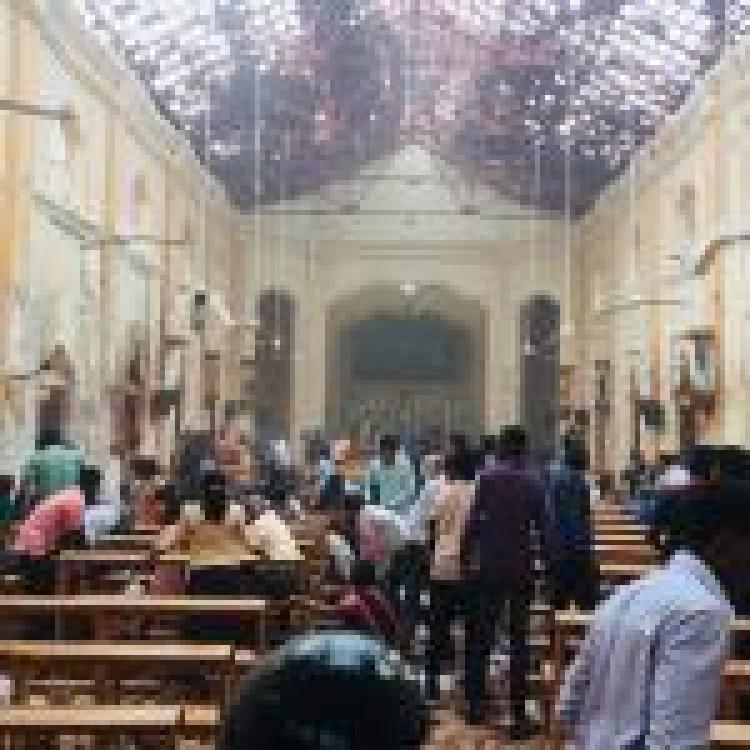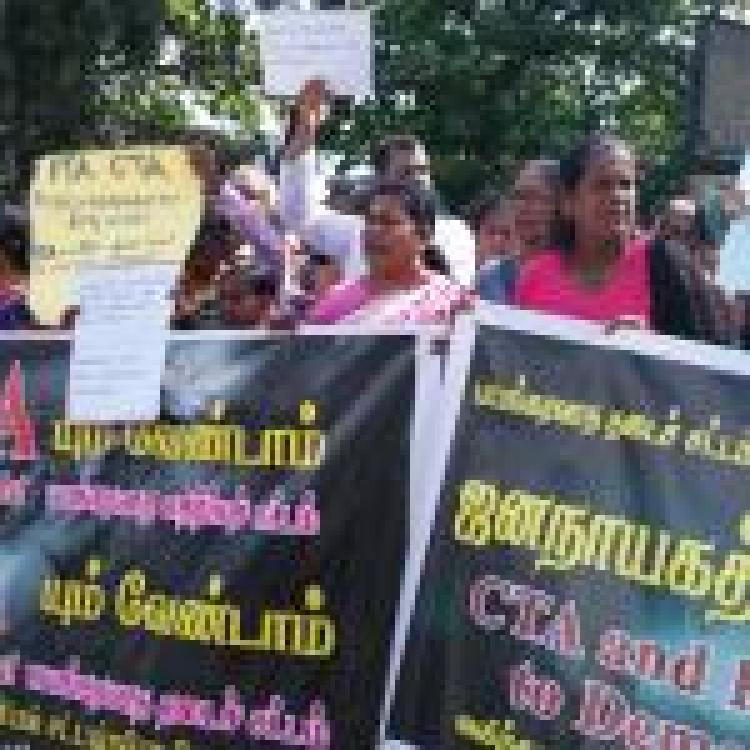<p>Emergency Regulations were passed without a vote, as reports of further terror threats were discussed in Sri Lanka's parliament, on Wednesday.</p>
<p>The emergency regulations, labelled as draconian and problematic by many, are said to invest police and security forces with the power to take effective measures to safeguard the island, as well as giving the President sweeping executive powers.</p>
<p>The regulations are set to be in place for 30 days, reports Colombo Page.</p>
<p>Sri Lanka’s emergency regulations have been criticised as some of its most draconian legislation, with rights groups worried that military and security forces, already accused of torture and mass atrocities, are given free reign across the island.</p>
<p>The President under these regulations, can prohibit the holding of public gatherings, whilst police and military enjoy sweeping powers to enforce such prohibitions with any force necessary. Tensions in the predominantly Tamil north-east could be set to rise as it prepares to mourn 10 years since the end of the armed conflict, which saw thousands massacred in Mullivaikkal during the last few weeks alone. </p>
<p>The regulations give power to the police and the military to detain for search or arrest people without warrant.</p>
<p>See full regulations <a href="https://www.tamilguardian.com/sites/default/files/File/Government%20Gaz…">here.</a></p>
We need your support
Sri Lanka is one of the most dangerous places in the world to be a journalist. Tamil journalists are particularly at threat, with at least 41 media workers known to have been killed by the Sri Lankan state or its paramilitaries during and after the armed conflict.
Despite the risks, our team on the ground remain committed to providing detailed and accurate reporting of developments in the Tamil homeland, across the island and around the world, as well as providing expert analysis and insight from the Tamil point of view
We need your support in keeping our journalism going. Support our work today.



